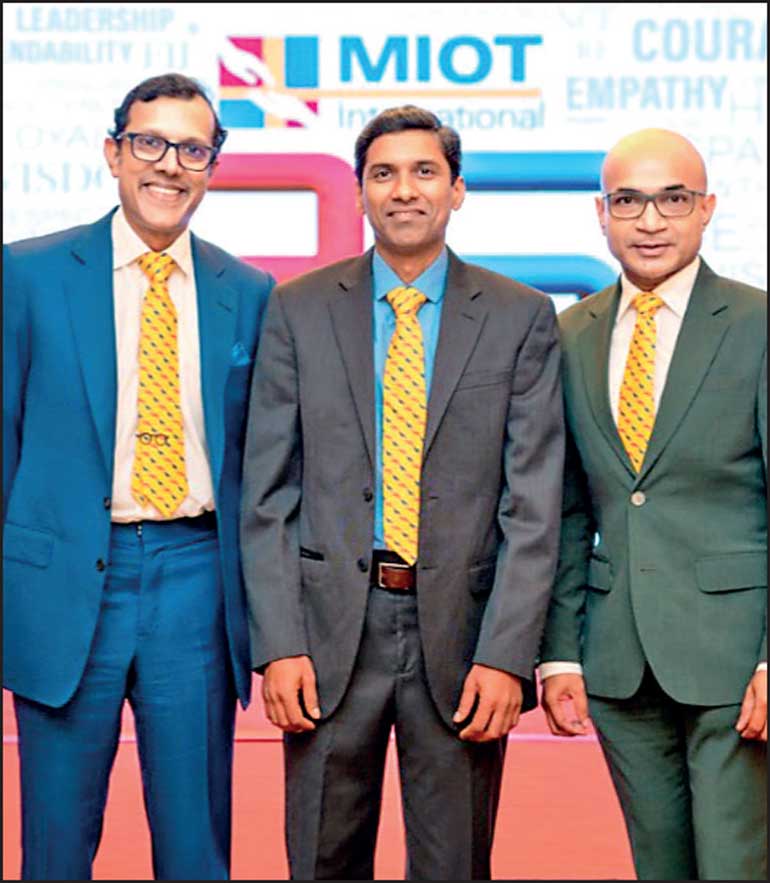Sunday Feb 22, 2026
Sunday Feb 22, 2026
Thursday, 5 September 2024 00:00 - - {{hitsCtrl.values.hits}}

A 1000 bedded multidisciplinary quaternary care hospital, has introduced its latest revolutionary procedure, Genicular Artery Embolisation, a minimally invasive, pinhole procedure that reduces knee inflammation and provides pain relief to patients with severe knee osteoarthritis.
Beyond the age of 40 years, the gradual wear and tear of the knee joints leads to progressive loss of articular cartilage, the tissue that provides cushioning between the bones in the knee joint, known as knee osteoarthritis. The friction due to rubbing of the knee bones causes severe pain, swelling and stiffness, affecting everyday activities like sitting, standing, walking, bending and climbing stairs.
Patients with an early or moderate stage of osteoarthritis tend to seek relief through conventional treatments like lubricants and medication; however, they realise that these treatments have undesirable side effects and also affect their kidney.
Offered by MIOT’s Interventional Radiologist, Genicular Artery Embolisation (GAE) is performed
without open surgery, does not require general anaesthesia and leaves no scars, allowing the patient to be usually discharged within two days of the procedure. It is recommended for patients who are experiencing severe pain due to knee osteoarthritis but are not considering total knee replacement surgery due to young age, other comorbid conditions or fear of undergoing surgery.
During Genicular Artery Embolisation, a local anaesthetic is injected to numb the groin region. Our Interventional Radiologists will make a 2mm incision and insert a small catheter into the artery of the patient’s upper thigh. With the use of X-rays from MIOT’s state-of-the-art Biplane CathLab system (1st in India), the catheter is guided to the arteries supplying the lining of the knee (Synovium). Tiny particles are then injected through the catheter into these arteries, blocking the blood supply to the newly formed nerve fibres. This in turn reduces the inflammation associated with osteoarthritis, which alleviates the pain.